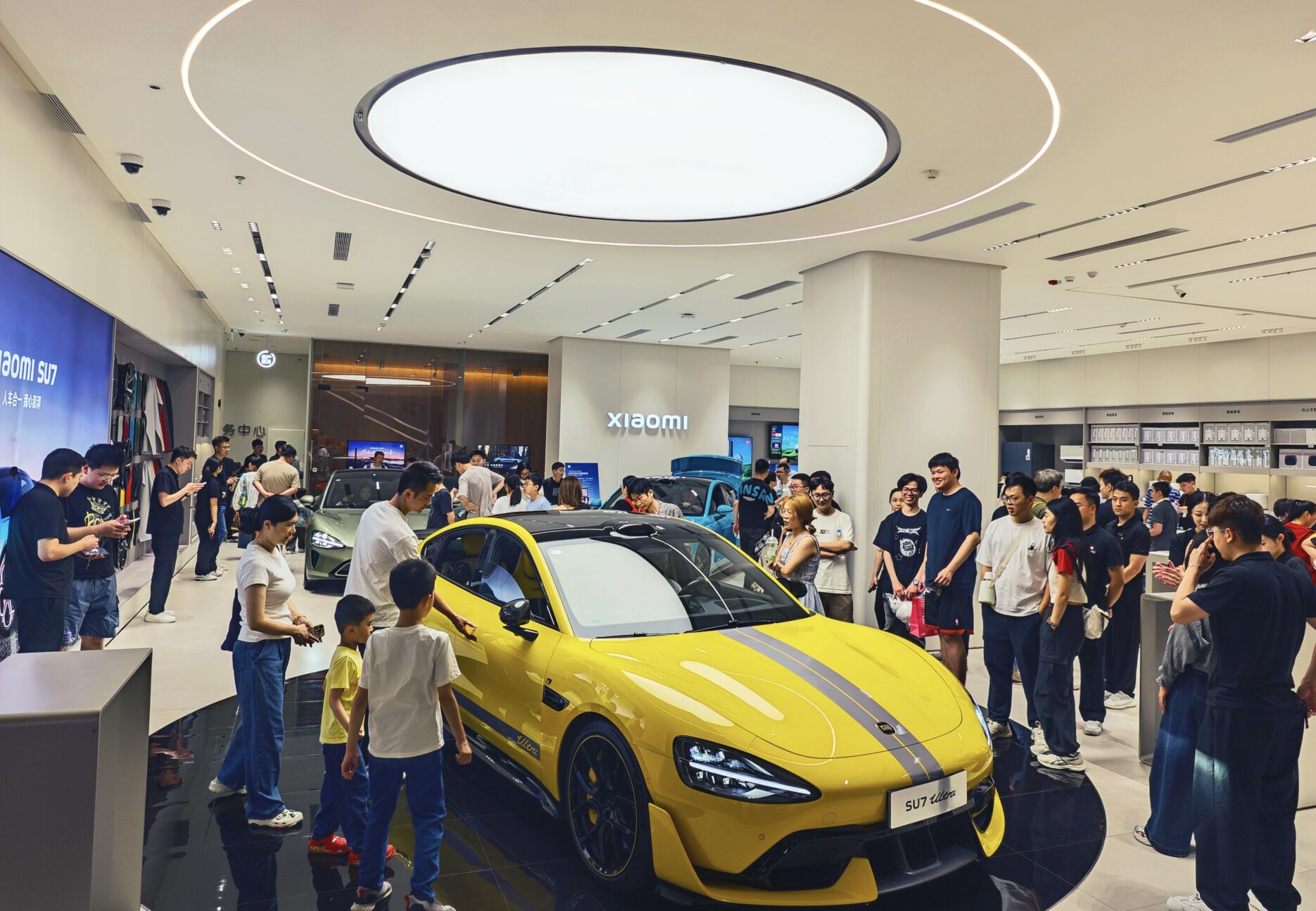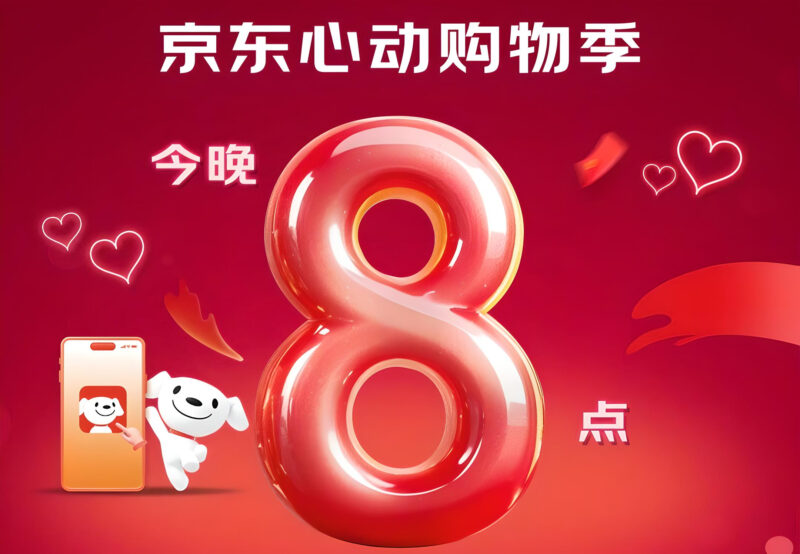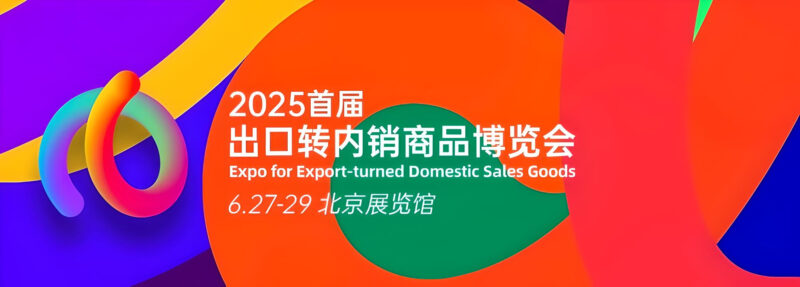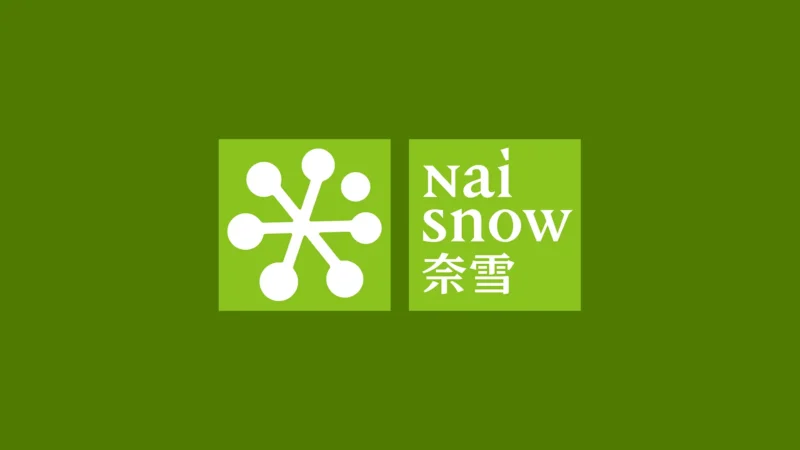Xiaomi, the Chinese tech company-turned automaker, has been experiencing its “darkest hour”, as many have put it. Not only are there calls to cancel orders or even refund purchases, but Xiaomi’s stocks also took a hit on 12 May, dropping 5.6% to 48.5 HKD (6.22 USD) per share at one point. But now, finally, there is some good news. On 13 May, it was reported that Xiaomi Auto’s SU7 EV topped the sales ranking in April.
With 28,585 units sold, the Xiaomi SU7 was the best-selling car priced between 100,000 RMB (13,882.53 USD) and 500,000 RMB (69,412.63 USD) in April. It is noteworthy that the SU7 came out on top of all passenger cars, regardless of whether it was a saloon, coupe or SUV, or if it was an EV, petrol or hybrid. In fact, numbers 2 to 4 (Nissan Sylphy, Geely Xingyue L SUV and Volkswagen Lavida) on the list are all petrol cars, with number 5 being the Tesla Model Y, which was number one in March.
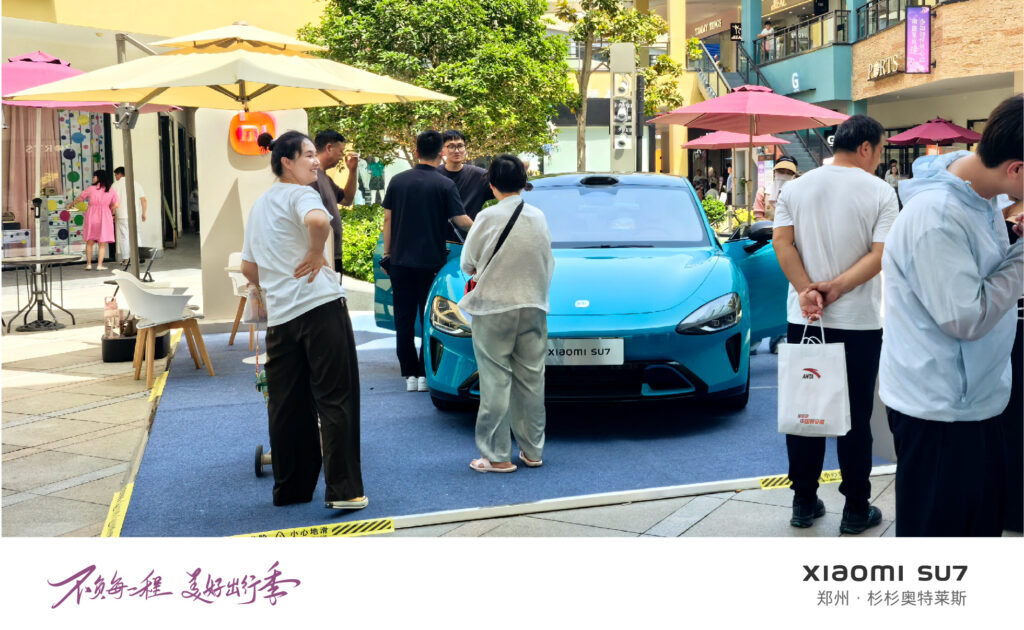
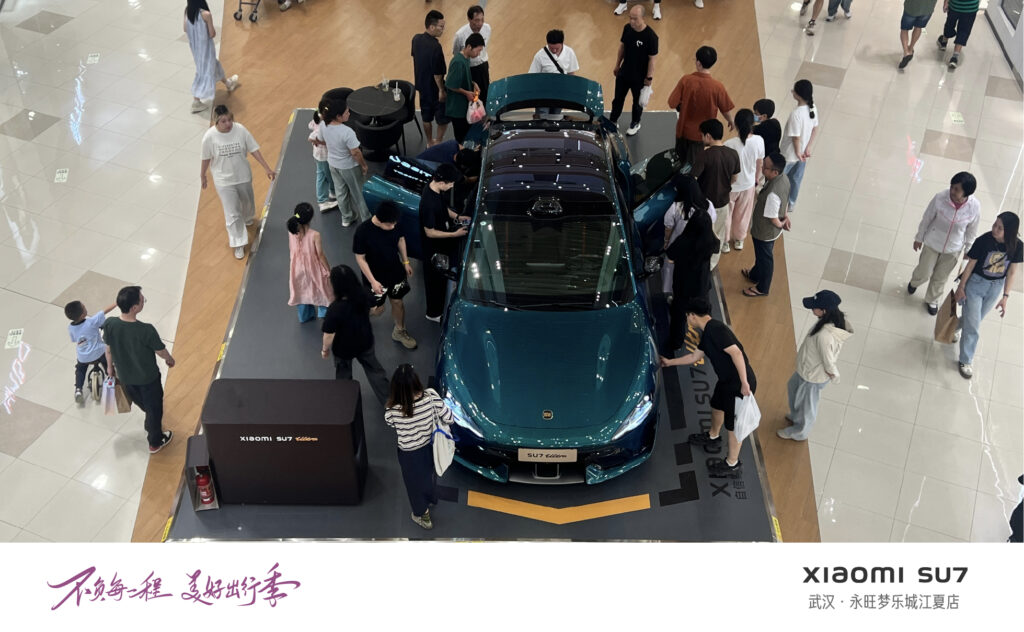
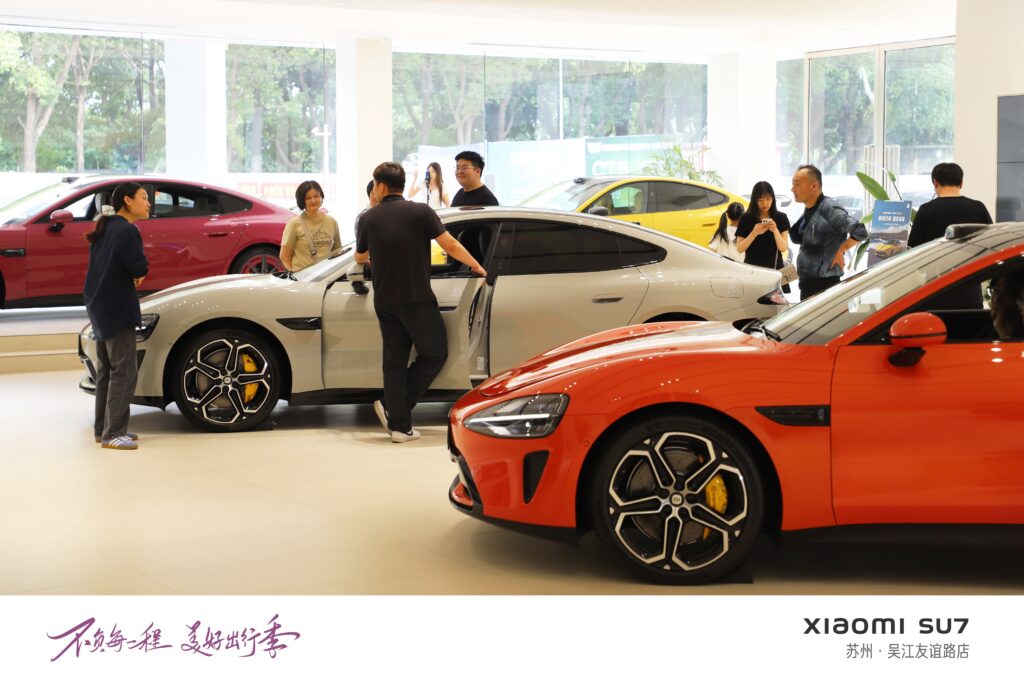
Of the “new brands” ranking, Xiaomi ranks number 4 with Leapmotor, Xpeng and Li Auto above it. However, Xiaomi, a real newcomer among the “new brands”, only has 2 models available, and both are higher-end offerings. On Weibo, China’s Twitter equivalent, the topic “Xiaomi SU7 tops April sales ranking for cars between 100k and 500k” (#小米SU7成4月份10至50万销量榜首#) reached number 9 on the Hot Search list with 26.30 million views.
Following the fatal accident involving a Xiaomi SU7 and its “smart driving” feature in late March, the brand has received nothing but bad news. From the hotly anticipated YU7 missing its big reveal at Auto Shanghai to renaming its “smart driving” feature to “driving assistance”, Xiaomi has been going through a tough time. Most recently, its sporty SU7 Ultra faced controversy after being accused of false advertising and limiting horsepower after an update. However, the sustained negative press doesn’t seem to be affecting sales too much, so pundits believe Lei Jun, the celebrity CEO of Xiaomi, can finally have a breather.
Need to boost your China strategy? Dao Pro delivers bespoke insights on marketing, innovation, and digital trends, direct from Chinese sources. Find out more from our Dao Strategy Team here.




